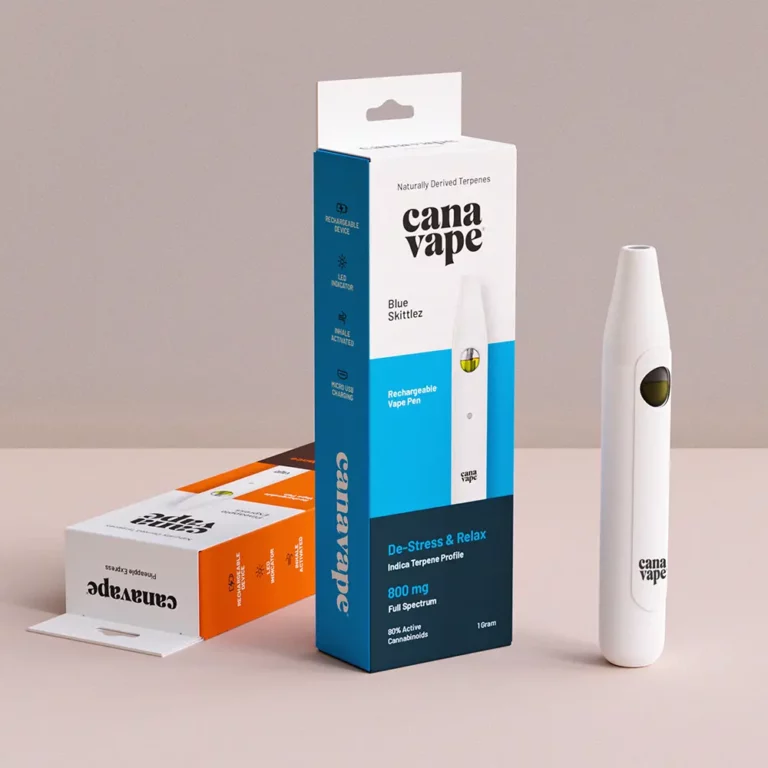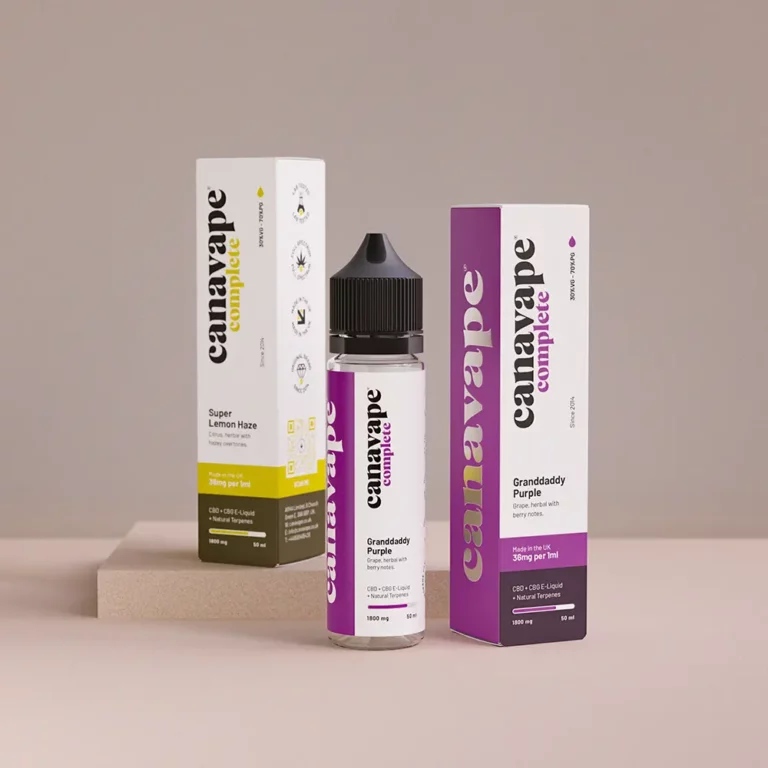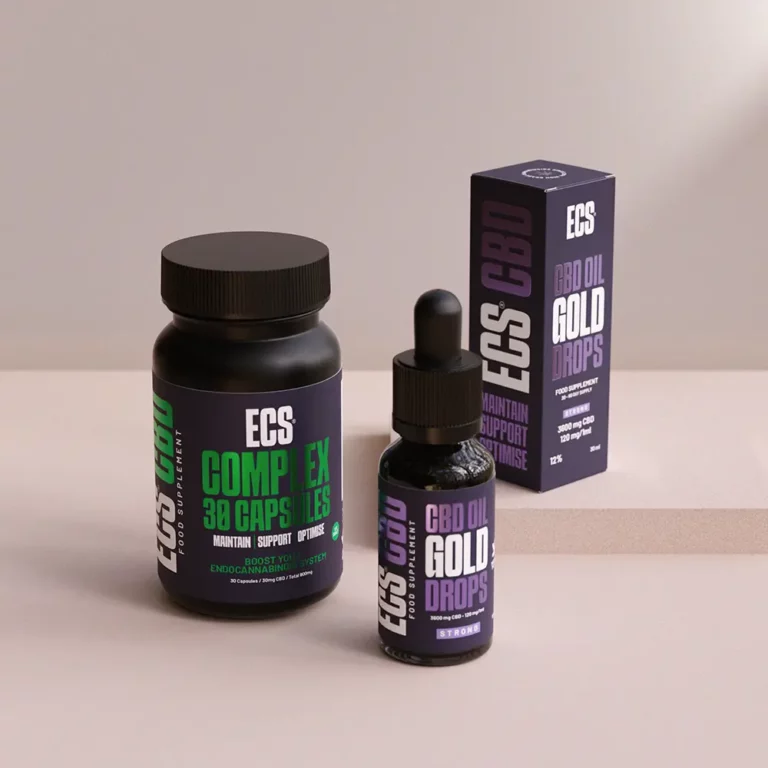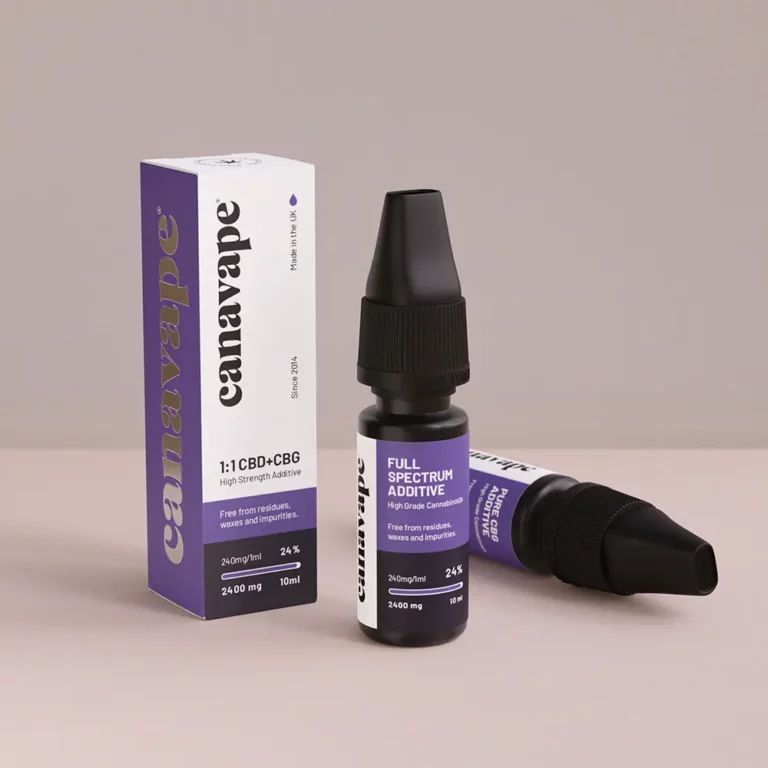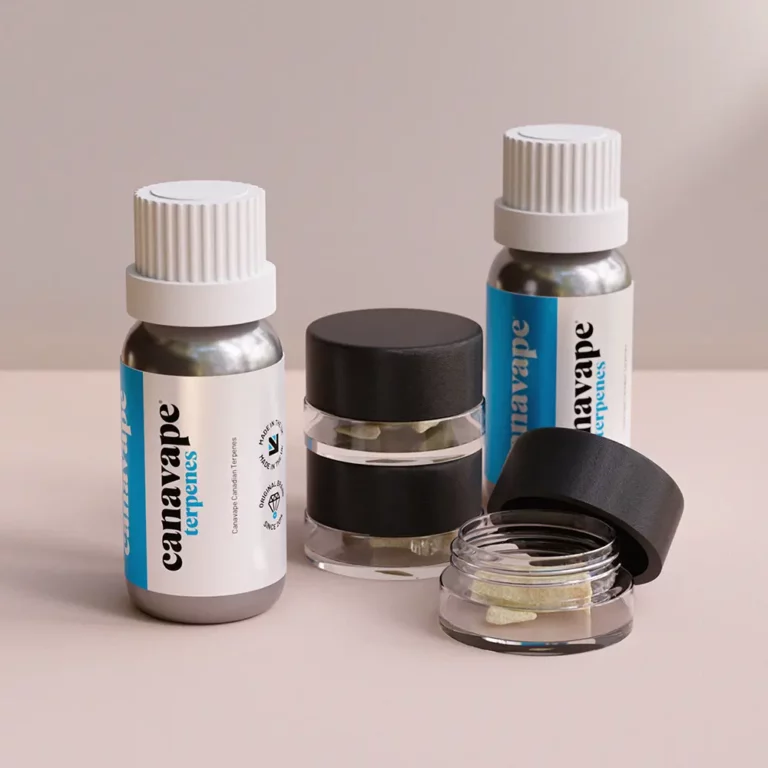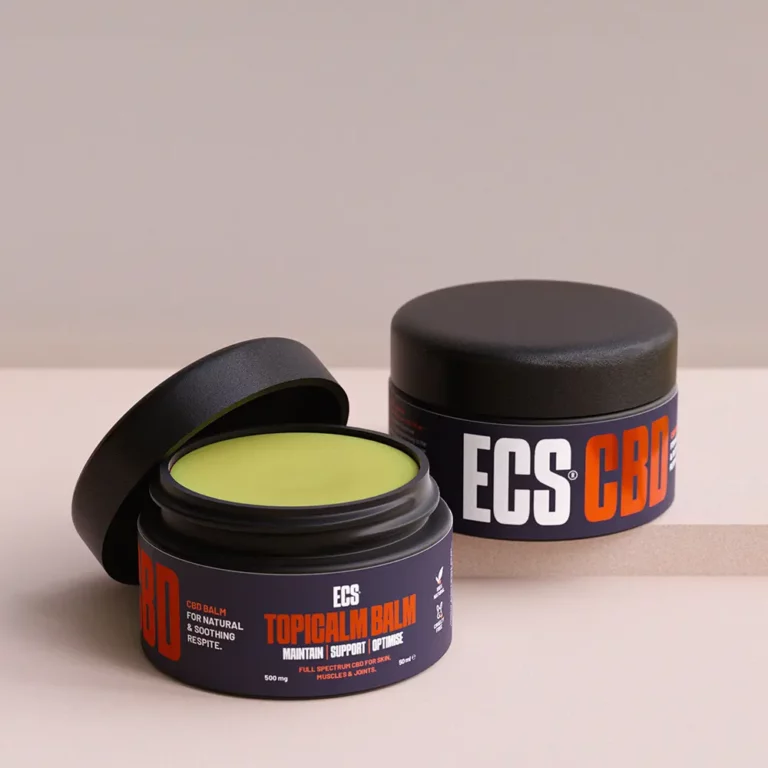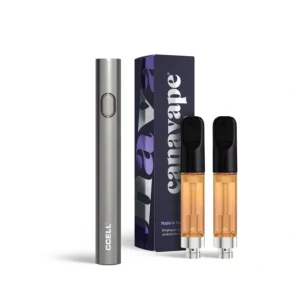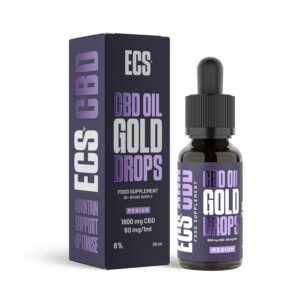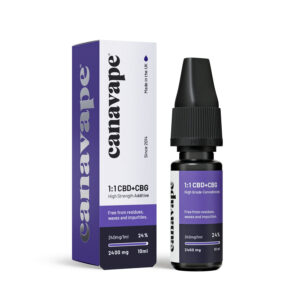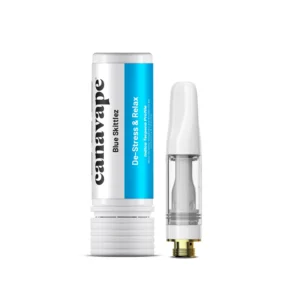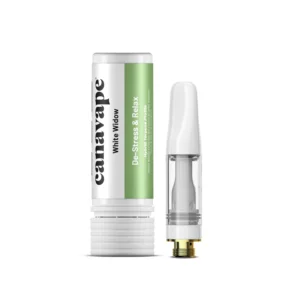As a responsible pet owner, it’s natural to have concerns about the well-being of your furry friend. With the growing popularity of CBD oil for both humans and pets, you may wonder if it’s possible for a cat to overdose on CBD oil. Let’s delve into this topic and shed some light on the matter.
Before we begin its crucial to mention that to date, no proof exists suggesting that CBD is harmful to cats; however, there is a gap in understanding regarding the appropriate dosage and its interaction with other drugs.
In the UK, no CBD products have received official approval for animal use. Both the Veterinary Medicines Directorate and the Food Standards Agency have not sanctioned CBD oil.
Should you be contemplating the use of CBD oil for your pets, consulting a veterinarian is crucial. By law, only a vet can legally prescribe a human CBD product that is safe for your pet.
Definition of CBD Oil: CBD, short for cannabidiol, is a natural compound found in the cannabis plant. CBD oil is derived from hemp plants, which contain minimal amounts of THC, the psychoactive compound responsible for the “high” associated with marijuana. CBD oil is known for its potential therapeutic benefits, including pain relief, anxiety reduction, and anti-inflammatory properties.
Background: CBD oil has gained popularity in the pet industry due to its potential to alleviate various health issues in cats, including anxiety, arthritis, and seizures. Many pet owners have reported positive outcomes after incorporating CBD oil into their cat’s wellness routine. However, it’s essential to understand the proper dosage and potential risks associated with CBD oil administration.
Key Principles: While CBD oil can offer numerous benefits, it’s crucial to follow the recommended dosage guidelines for your cat’s safety. Overdosing on CBD oil is rare, but it’s not entirely impossible. Cats, like humans, have an endocannabinoid system that interacts with CBD, but their bodies may respond differently to the compound.
Components of CBD Oil: CBD oil typically contains CBD extract, carrier oils (such as hemp seed oil or MCT oil), and sometimes natural flavourings to enhance palatability. It’s important to choose high-quality CBD oil specifically formulated for pets, as human-grade CBD products may contain additional ingredients that can be harmful to cats.
Potential Risks of Overdosing: While CBD is generally well-tolerated by cats, giving them excessively high doses of CBD oil can lead to adverse effects. These may include sedation, lethargy, gastrointestinal disturbances, and changes in appetite. It’s crucial to monitor your cat’s response to CBD oil and consult with a veterinarian if you have any concerns or notice any unusual symptoms.
Proper Dosage and Monitoring: To ensure your cat’s safety, it’s recommended to start with a low dosage of CBD oil and gradually increase it if necessary. The appropriate dosage varies depending on factors such as your cat’s weight, overall health, and the specific product you’re using. It’s advisable to consult with a veterinarian experienced in CBD use for pets to determine the optimal dosage for your cat.
Conclusion: While it’s highly unlikely for a cat to overdose on CBD oil, responsible pet owners should exercise caution and adhere to proper dosage guidelines. CBD oil can provide potential benefits for cats, but it’s essential to monitor their response and consult with a veterinarian if any concerns arise. By using high-quality CBD oil formulated for pets and following professional advice, you can safely incorporate CBD into your cat’s wellness routine and potentially enhance their overall quality of life. As mentioned at the top of this article CBD oil for pets is not a commonly sold product and should only be acquired via a prescription from your vet due to laws in the UK.
